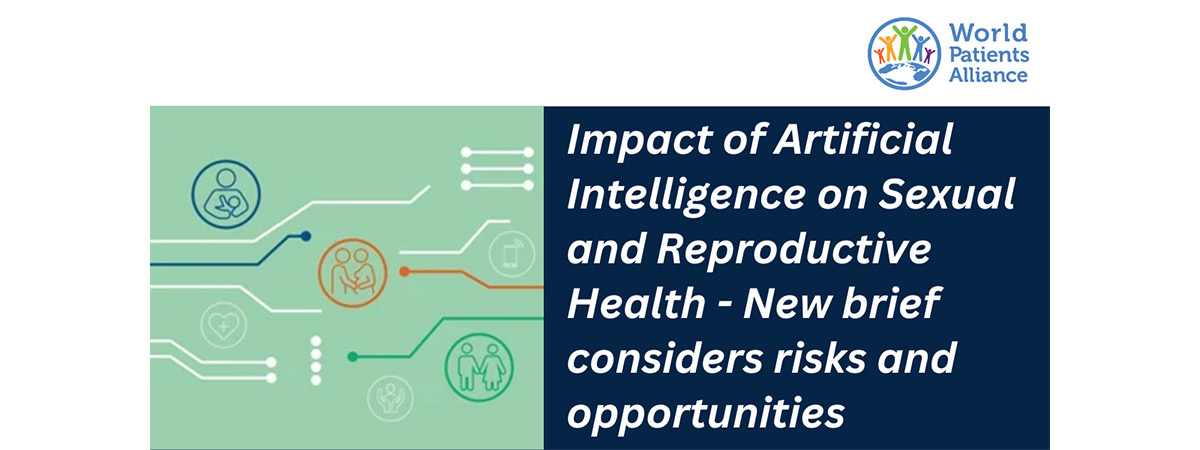In a recent technical brief released by the World Health Organization (WHO) and the UN Special Programme on Human Reproduction (HRP), the growing integration of artificial intelligence (AI) in sexual and reproductive health and rights (SRHR) has come under scrutiny. Patient advocacy organizations, representing individuals directly impacted by these advancements, have shared their insights on the potential risks and opportunities associated with AI in this crucial area of healthcare.
Dr. Pascale Allotey, Director of HRP and WHO’s Department of Sexual and Reproductive Health, acknowledged the transformative potential of AI in enhancing access to sexual and reproductive services and information. However, patient advocates are urging caution, emphasizing the need to recognize AI as a tool rather than a definitive solution to existing challenges.
The technical brief, developed through extensive consultation with experts and a comprehensive review, highlights current applications of AI in SRHR, including screening for health concerns such as infertility and pregnancy, as well as improving access to information through chatbots and conversational agents. While these advancements hold promise, patient advocates have raised several concerns regarding their implementation.
One of the primary concerns voiced by patient advocacy organizations is the potential for AI to exacerbate existing disparities in access and equity within SRHR. Issues such as data privacy, bias in training datasets, and unequal global digital access and connectivity have been highlighted as significant challenges that must be addressed. Patient advocates stress the importance of ensuring that AI development is inclusive and representative of diverse populations to avoid perpetuating existing inequalities.
Dr. Jeremy Farrar, Chief Scientist at WHO, emphasized the need for thoughtful governance and regulation throughout the development and implementation of AI systems in SRHR. Patient advocacy organizations echoed this sentiment, calling for transparent and ethical practices to safeguard the rights and well-being of individuals.
Looking ahead, patient advocates are calling upon policymakers to prioritize equity and inclusivity in AI regulation and development. They emphasize the importance of revisiting data protection regulations to ensure privacy, redress data breaches, and limit third-party use of SRHR data. Additionally, they urge the AI industry to recruit diverse developers and establish standards for AI-driven procedures that prioritize the needs of marginalized groups.
As WHO and HRP continue to explore the role of AI in SRHR, patient advocacy organizations remain committed to ensuring that these advancements benefit all individuals, leaving no one behind. With thoughtful regulation and inclusive practices, AI has the potential to revolutionize sexual and reproductive health care, empowering individuals to make informed decisions about their health and well-being.
Read the detailed news here.


